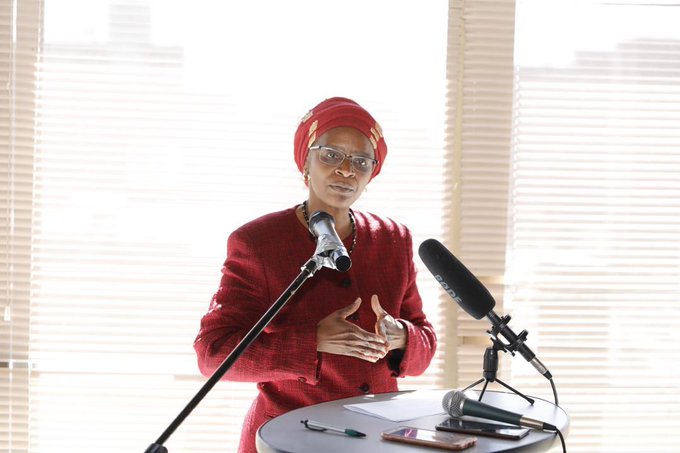|
Getting your Trinity Audio player ready…
|
The UNESCO Regional Office for Southern Africa (ROSA) in partnership with the University of Zimbabwe (UZ) will host a regional launch of the African Film Industry Report on 31 May 2022 at the university campus.
The report, “Africa’s film industry: trends, challenges, and opportunities for growth”, is a product of an exploratory study on the film and audiovisual industry in Africa undertaken by UNESCO.
It provides a comprehensive analysis of the challenges and opportunities, as well as an overview of four potential growth patterns for the film and audiovisual industry. It also urges African countries to address current trends collectively. Only in this way will they be able to ensure that Africa’s creative products, past, present, and future, are protected and preserved and that their cultural and commercial value remains on the continent and benefits Africans.
Zimbabwe’s Permanent Secretary in the Ministry of Youth, Sport, Arts and Recreation, Dr. Thokozile Chitepo will officiate at the event on behalf of Minister Kirsty Coventry. Participants include film directors, actors, university students, festival organizers, and representatives from film schools in the region. A number of participants will join the launch and ensuing discussion online.
This initiative is part of UNESCO’s commitment to the diversity of cultural expressions and its interventions to support the emergence of dynamic creative industries in developing countries and responds to the aspirations of the African Union’s Agenda 2063, which calls for the strengthening of cultural and creative industries so that they can fully contribute to Africa’s sustainable development.
While Africa is witnessing a remarkable proliferation of new film and television productions thanks in particular to digital technologies, this development often takes place outside a formalized framework.
Due to the lack of organization of national and regional markets, incentive policies, and a sizeable supply of African content, the revenues generated by the audiovisual sector in the majority of African states are for the benefit of foreign interests. An overwhelming share of the market is preempted by audiovisual goods and services from outside these States, which contributes neither to the mutual knowledge of populations, nor to the promotion of the diversity of cultural expressions, nor to the economic development of a national and/or regional industry.
The COVID-19 pandemic has further weakened the film sector in Africa in recent months. The lack of public policies and measures adapted to the film and audiovisual sector in Africa leads to numerous obstacles that hinder the development of this sector. As a result, the sector remains under-exploited, generating only US$5 billion in annual sales out of an estimated US$20 billion in potential sales, according to FEPACI.
The regional launch provides a platform for strategic stakeholders to reflect on UNESCO’s African Film Industry Report. They will share their experiences and views on the development of the film industry at national and continental levels. Discussions will focus mainly on the formalization of the film and audiovisual sector, persisting challenges in gender equality, the education challenge, and the digital revolution.
